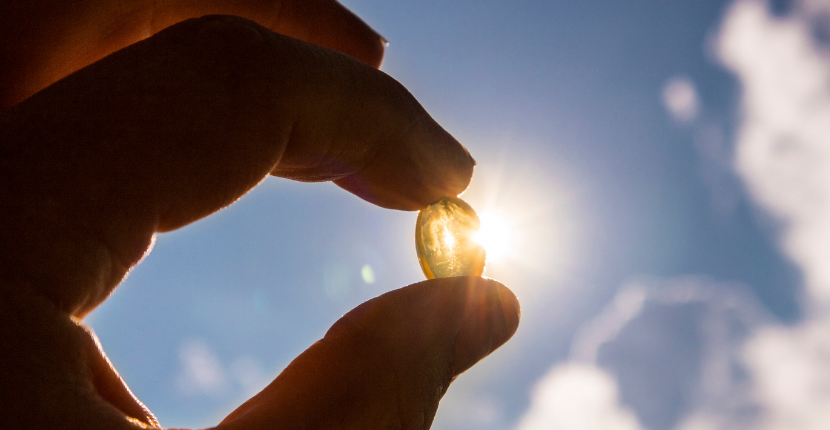We know the benefits of a daily dose of vitamin D, but could this vitamin also help prevent COVID-19? Recently, both the National Institutes of Health and the World Health Organization released findings on the possible link between vitamin D and this deadly respiratory disease.
One study found that people with vitamin D deficiencies were more likely to test positive for the coronavirus. Other research has pointed to an increase in respiratory failure in people who had COVID-19 in addition to a vitamin D deficiency. While the data is not conclusive and more study is needed, a link between Vitamin D and COVID-19 seems quite possible.
Vitamin D deficiencies also affect people with a body mass index of 30 or higher which is considered obese. African American and Hispanic communities have high rates of vitamin D deficiency and have also been hit hard by COVID. For these reasons, more research is needed. Regardless of any potential link, however, it is important for everyone to get enough vitamin D. This is especially true for seniors.
The Benefits of Vitamin D
Even though more research is needed into the link between COVID and vitamin D, the benefits of this important micronutrient have already been established. Vitamin D keeps bones healthy, helps us maintain our weight, and can help prevent depression.
Insufficient vitamin D levels can also lead to osteomalacia—a condition in which the bones weaken. Weak bones can break more easily and heal slower. Medical researchers are also studying a possible link between vitamin D deficiency and cancer. For seniors, Vitamin D helps prevent osteoporosis which is a bone disease that makes them more susceptible to bone breaks and fractures.
How Do We Get Vitamin D?
Most of the vitamin D we get is produced inside our bodies, but everyday exposure to the ultraviolet rays of the sun helps our bodies make vitamin D as well. We can get vitamin D from food. Fatty fish and fish oil are good sources for this vitamin. It can be sourced, although in smaller amounts, from cheese and eggs too. Mushrooms are another source of vitamin D and many breakfast cereals are fortified with it as well.
It is often difficult for seniors to get enough sun every day, especially during this ongoing pandemic. Dietary restriction may also make it difficult. For these reasons, vitamin D supplements may be the best solution.
For more information on how seniors can stay healthy during the COVID-19 pandemic, visit our blog. You can also find information on all of our at-home care and homecare services on our website.




